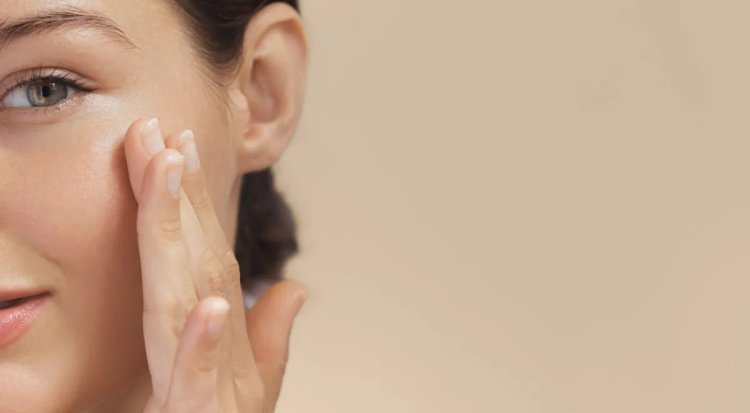Which Chemical is Best for Skin Whitening?

Achieving a brighter and more even skin tone is a common goal for many individuals. With advancements in dermatology, several chemical agents are now available to help lighten the skin safely and effectively. If you are considering skin whitening treatment in Islamabad, understanding the best chemical options can help you make an informed decision.
Understanding Skin Whitening Chemicals
Skin whitening agents work by reducing melanin production in the skin. Melanin is the pigment responsible for skin color, and its overproduction can lead to hyperpigmentation, dark spots, and uneven skin tone. The best chemicals for skin whitening are those that effectively inhibit melanin production while being safe for long-term use.
Best Chemicals for Skin Whitening
1. Hydroquinone
Hydroquinone is one of the most well-known and effective skin-lightening agents. It works by inhibiting tyrosinase, an enzyme required for melanin production. Available in various concentrations, hydroquinone is often recommended for treating hyperpigmentation, melasma, and dark spots. However, it should be used under medical supervision as prolonged use may cause side effects such as skin irritation or ochronosis (skin darkening in some cases).
2. Kojic Acid
Derived from fungi, kojic acid is a natural skin-lightening agent that inhibits melanin synthesis. It is commonly found in serums, creams, and soaps. Kojic acid not only brightens the skin but also has antioxidant properties, making it beneficial for overall skin health.
3. Glutathione
Glutathione is an antioxidant that helps lighten the skin by reducing melanin production and promoting detoxification. It is available in oral supplements, topical applications, and injectable forms. Many individuals opt for glutathione-based treatments to achieve a lighter complexion over time.
4. Alpha Arbutin
Alpha arbutin is a safer alternative to hydroquinone. It is derived from the bearberry plant and works by slowly inhibiting melanin production. Unlike hydroquinone, alpha arbutin has fewer side effects and is suitable for sensitive skin.
5. Vitamin C
Vitamin C is widely recognized for its brightening and antioxidant properties. It inhibits melanin production, promotes collagen synthesis, and protects the skin from environmental damage. Regular use of vitamin C serums can lead to a more radiant and even complexion.
6. Niacinamide
Also known as vitamin B3, niacinamide is an effective skin-lightening ingredient that reduces melanin transfer to skin cells. It also helps strengthen the skin barrier, improve hydration, and reduce redness and inflammation.
7. Azelaic Acid
Azelaic acid is a gentle yet effective skin-lightening agent commonly used to treat acne and hyperpigmentation. It works by inhibiting tyrosinase and reducing free radical damage. It is suitable for all skin types, including sensitive and acne-prone skin.
8. Licorice Extract
Licorice extract contains glabridin, a compound that inhibits melanin production and reduces hyperpigmentation. It is often used in natural and herbal skin-lightening products due to its soothing properties.
9. Retinoids
Retinoids, including retinol and tretinoin, promote cell turnover and reduce melanin buildup in the skin. They are commonly used in anti-aging and skin-brightening formulations. Retinoids also help in improving skin texture and reducing fine lines.
Choosing the Right Skin Whitening Treatment
Selecting the best chemical for skin whitening depends on various factors, including skin type, the severity of pigmentation, and overall skin health. Consulting a dermatologist can help determine the most suitable treatment plan for your needs.
Safety and Precautions
While skin-lightening chemicals can be effective, it is essential to use them correctly to avoid side effects. Here are some precautions to keep in mind:
-
Always perform a patch test before using any new product.
-
Use sunscreen daily, as many skin-lightening agents increase sun sensitivity.
-
Avoid prolonged use of strong agents like hydroquinone without medical supervision.
-
Choose high-quality, dermatologist-approved products for the best results.
Conclusion
Achieving a brighter and more even skin tone is possible with the right skin-whitening chemicals. Whether you opt for hydroquinone, kojic acid, glutathione, or other effective ingredients, it is crucial to follow proper skincare practices and seek professional guidance. If you're looking for expert skin treatments, consider visiting Royal Cosmetic Surgery Clinic PK for personalized solutions tailored to your skin needs.
What's Your Reaction?



















